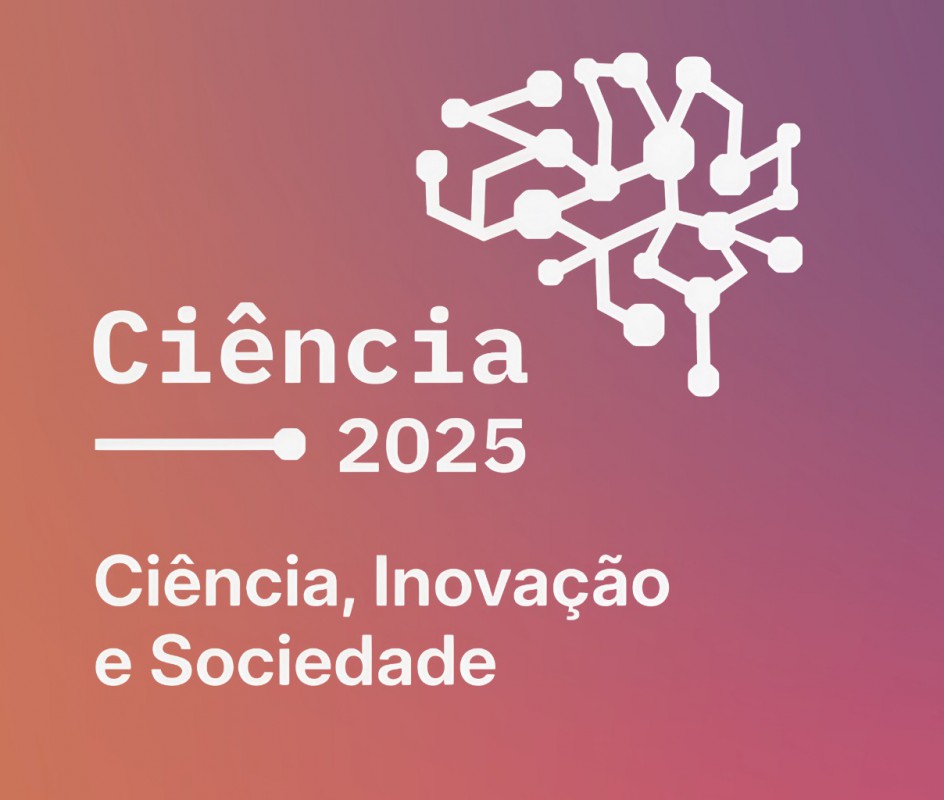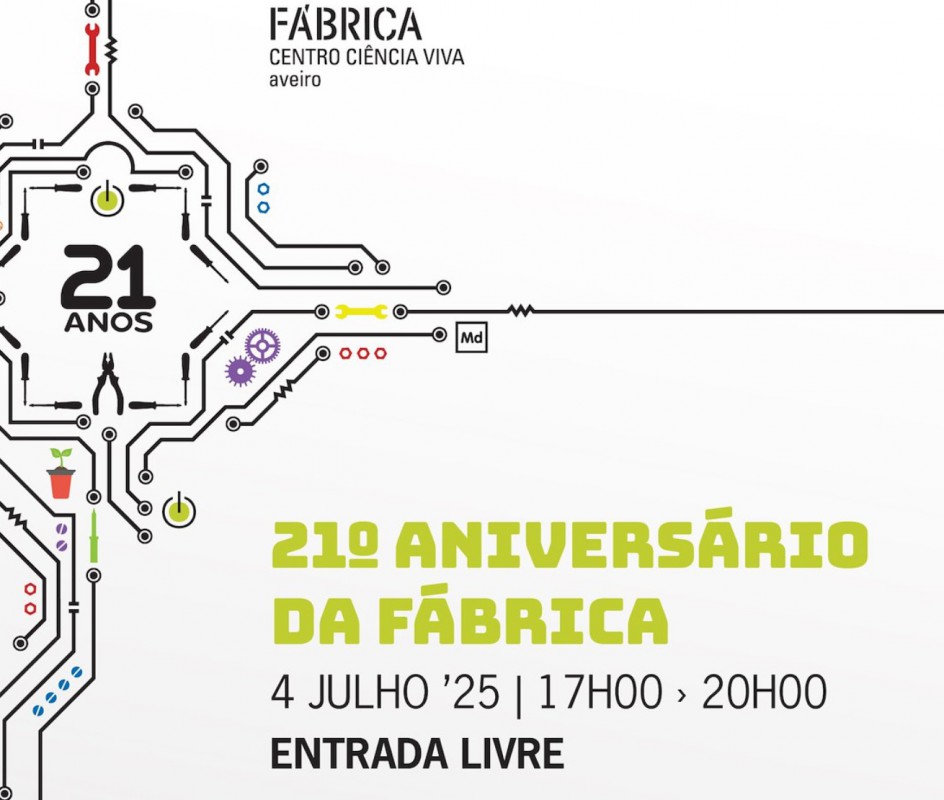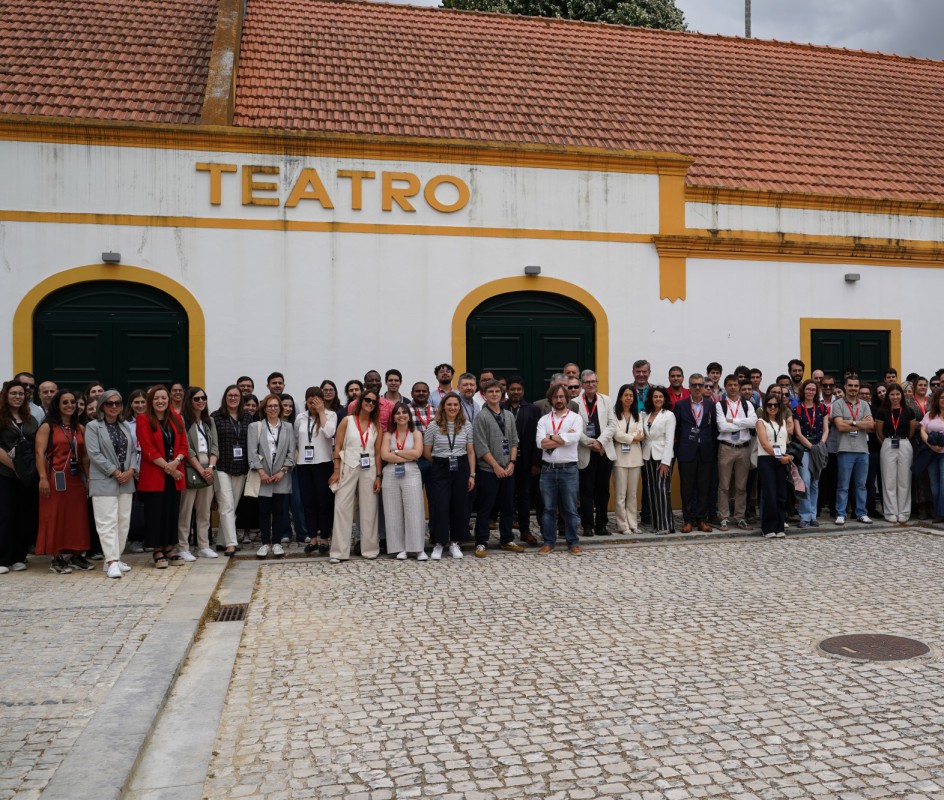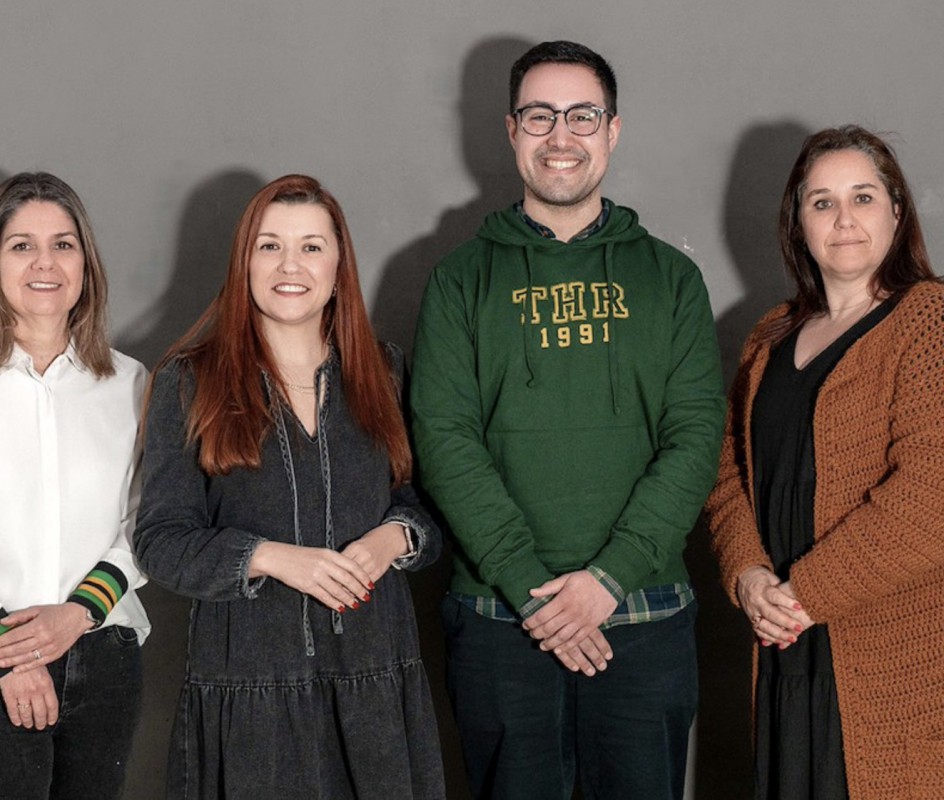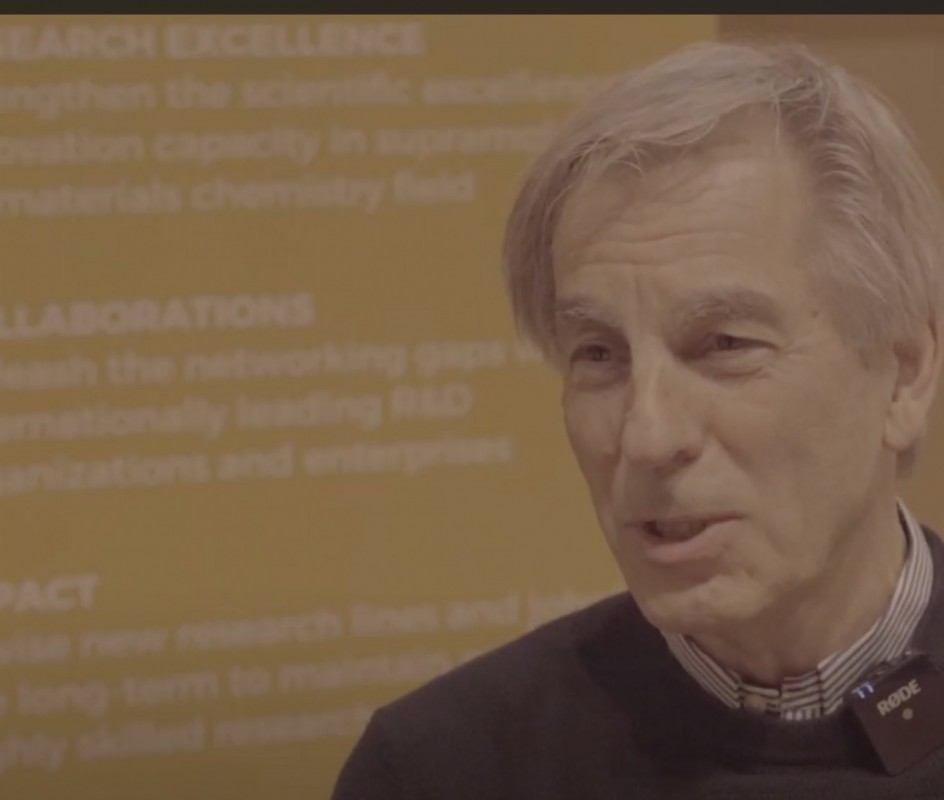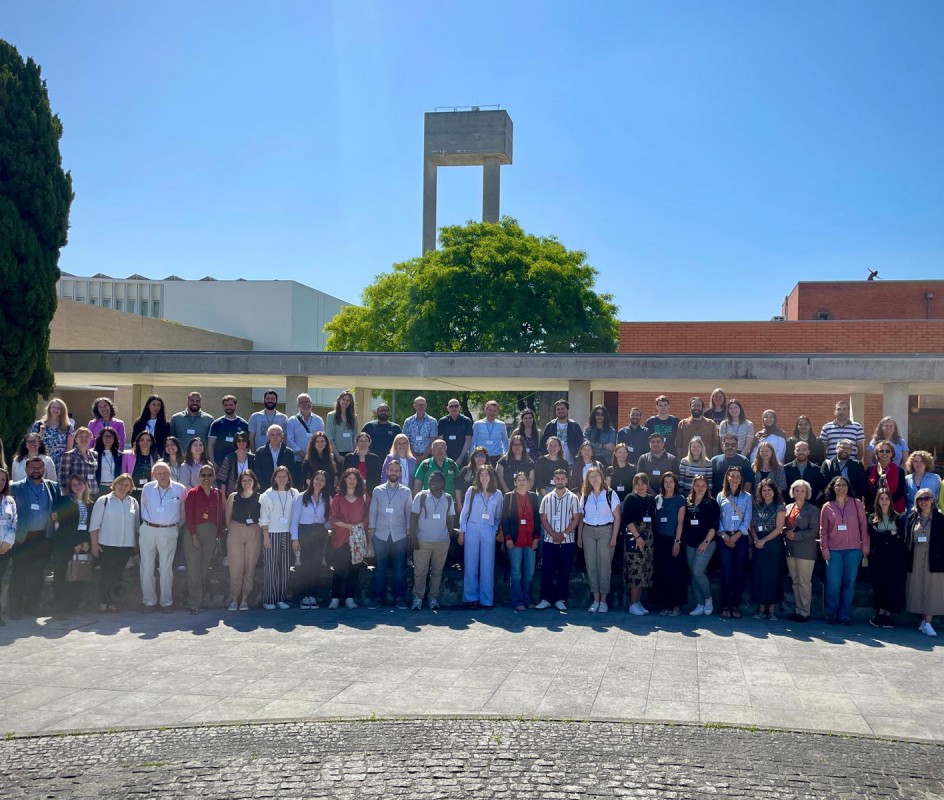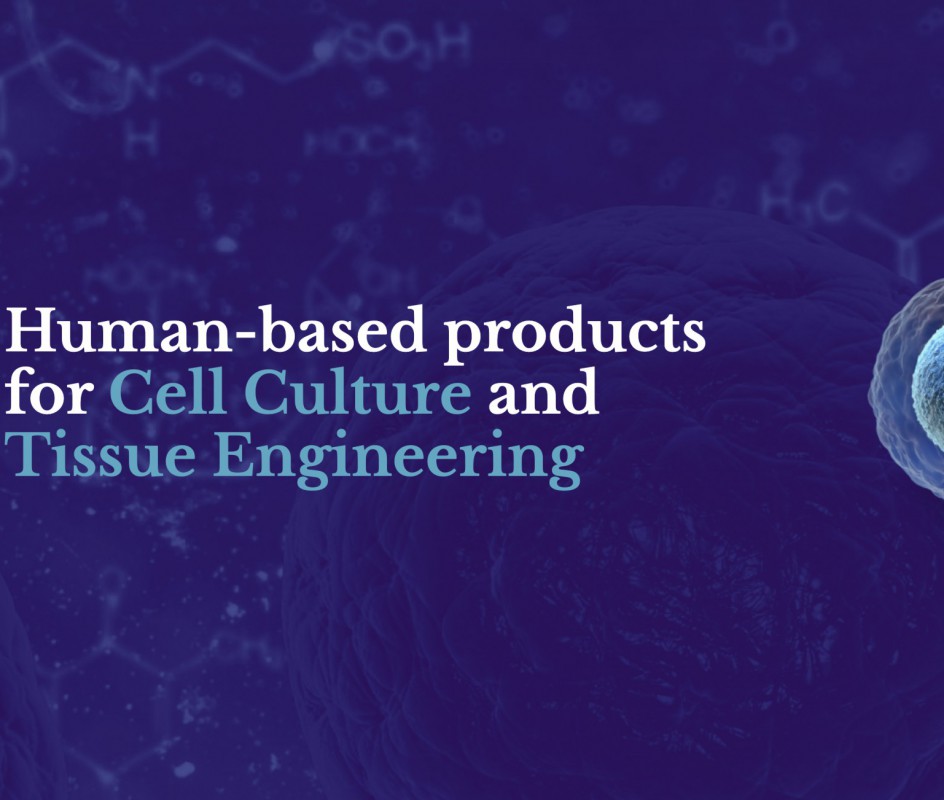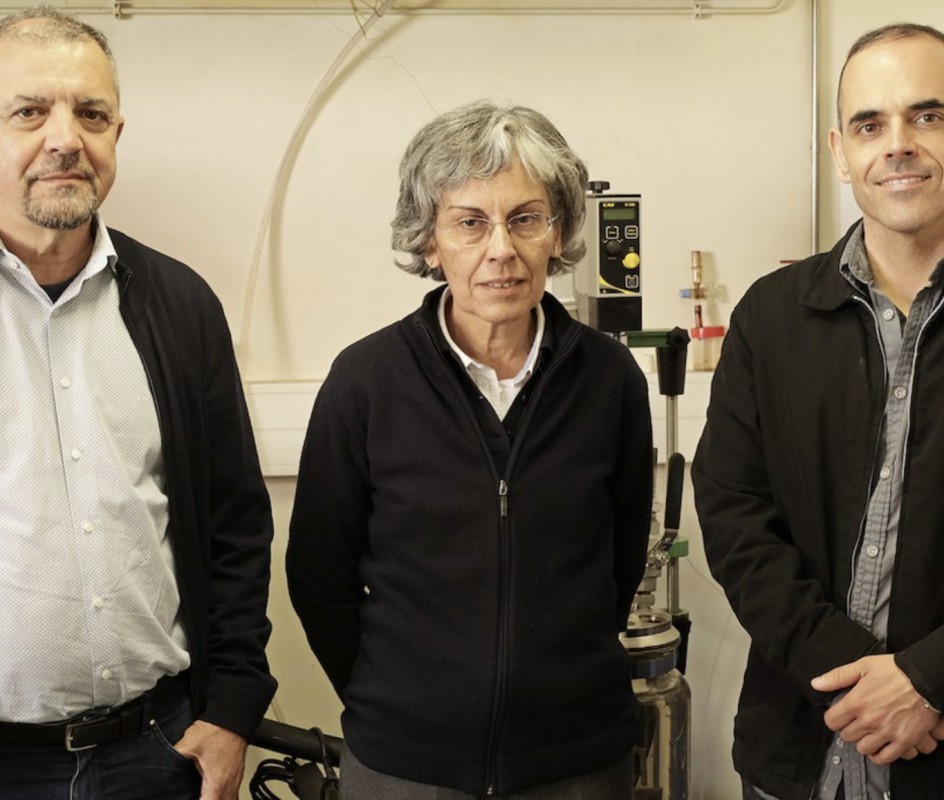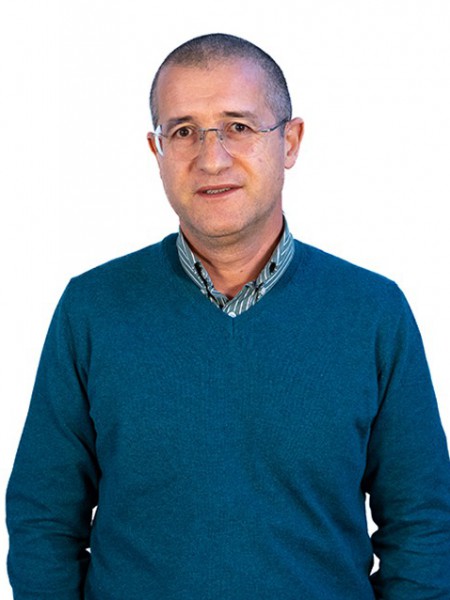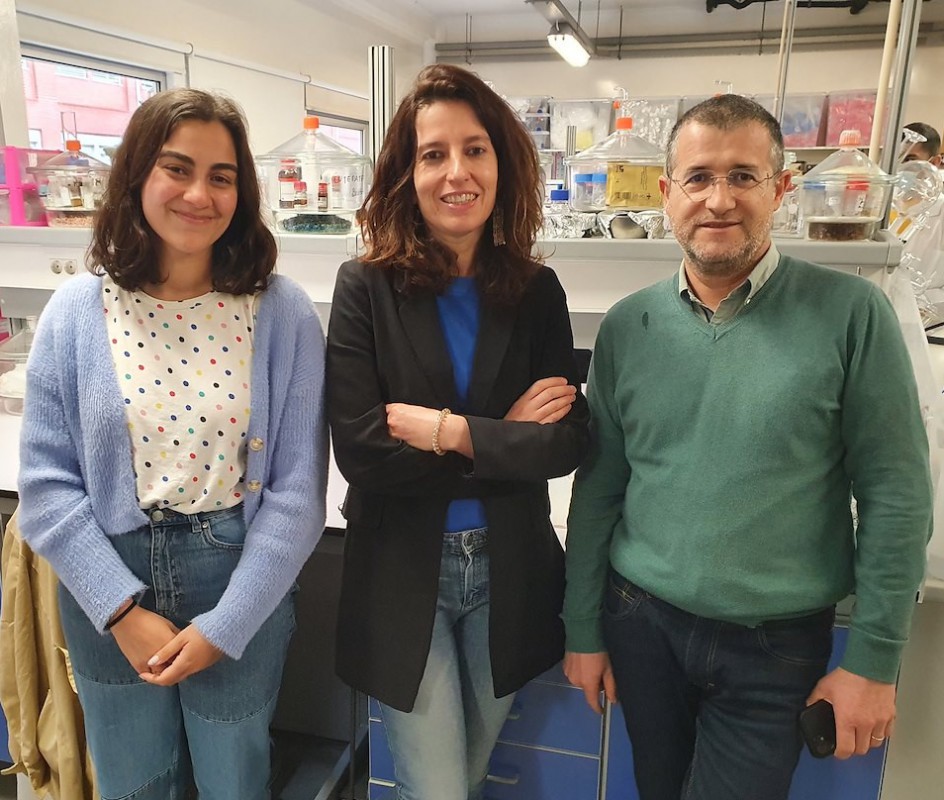
There are 400 million tons of plastic produced annually, but only about 10% is recycled because there are no effective techniques to recycle it. These are plastics made of polymers such as PET, widely used in bottles that are either discarded after a single use or recycled a limited number of times since the process tends to decrease the performance of the material.
This limitation leads to most plastics ending up in landfill, or dispersed, contributing to serious environmental problems, as well as requiring greater consumption of fossil resources to produce more raw materials. The need to contribute to a more sustainable development, reducing the environmental impact, and the consumption of resources, requires a social and technical revolution, firstly through the reduction and intelligent consumption of plastic, and, on the other hand, the development of new recycling processes that allow the reuse of these materials, within the general concept of Circular Economy, is urgent.
At the University of Aveiro (UA) a team of researchers has discovered a simple and innovative process that allows PETs to be recycled infinitely, thus helping to solve the planet's immense plastic pollution and contributing to the development of the Circular Economy and to a more sustainable development.
"We have developed a simple, greener and continuous way to recycle polyesters [one of the most used polymer families in plastics manufacturing], such as PEF [based on plant sugars] or PET [of petrochemical origin] widely used in plastic bottles typically used only once and then discarded," says Andreia F. Sousa, researcher at CICECO - Aveiro Institute of Materials, one of UA's research units.
The coordinator of the study hopes that the work now published with cover honors in the prestigious scientific journal Green Chemistry "may be a contribution to solving a global problem." Given the importance of the work, the journal even selected the UA study to appear among 30 in a special Green Chemistry collection, the 2022 HOT Green Chemistry article.
"Today the existing ways to recycle these polyesters are limited, because after a few recycling cycles the polymers lose performance and therefore can no longer be used in high-value applications," explains the researcher. In addition, chemically recycling a polymer such as PET has, until now, involved several steps, some of them very time-consuming and not very sustainable. With the approach discovered by the UA team this does not happen because in addition to the recycled polymer always maintaining the original properties, the process is carried out in a single step.
Simple, fast and endless process
The work, by Andreia F. Sousa and co-written by CICECO researchers Beatriz Agostinho and Armando Silvestre, demonstrates that it is possible to recycle polyesters with the use of eutectic solvents, a mixture of two or three chemical compounds that have a lower melting point than the original components, offering advantages such as low toxicity, biodegradability, sustainability and simple preparation. The use of these solvents in the process, the team discovered, introduced a major novelty, which is that the process is achievable in a single step, in addition to being very simple and can be repeated infinitely.
There is an expectation, with the concerted work of this team, that the process will undergo an extensive improvement, not only by the application of new eutectic solvents, as well as the optimization and extension of this process to other polymers of fossil origin (besides PETs) and renewable, which will be, the researchers foresee, "an essential contribution to the circularity of these families of polymers and to the sustainable development of this sector."
It is estimated that about 4900 million tons of polymers are accumulated in natural, terrestrial and aquatic environments, including PETs. In this sense, highlights Andreia F. Sousa, "the creation of circular economy solutions for the reuse and recovery of polymeric waste are global challenges and are in line with the European Union's vision for the green and blue economy and with the UN Sustainable Development Goals, namely Goal 12 - Sustainable Production and Consumption.
Related Articles
We use cookies for marketing activities and to offer you a better experience. By clicking “Accept Cookies” you agree with our cookie policy. Read about how we use cookies by clicking "Privacy and Cookie Policy".


